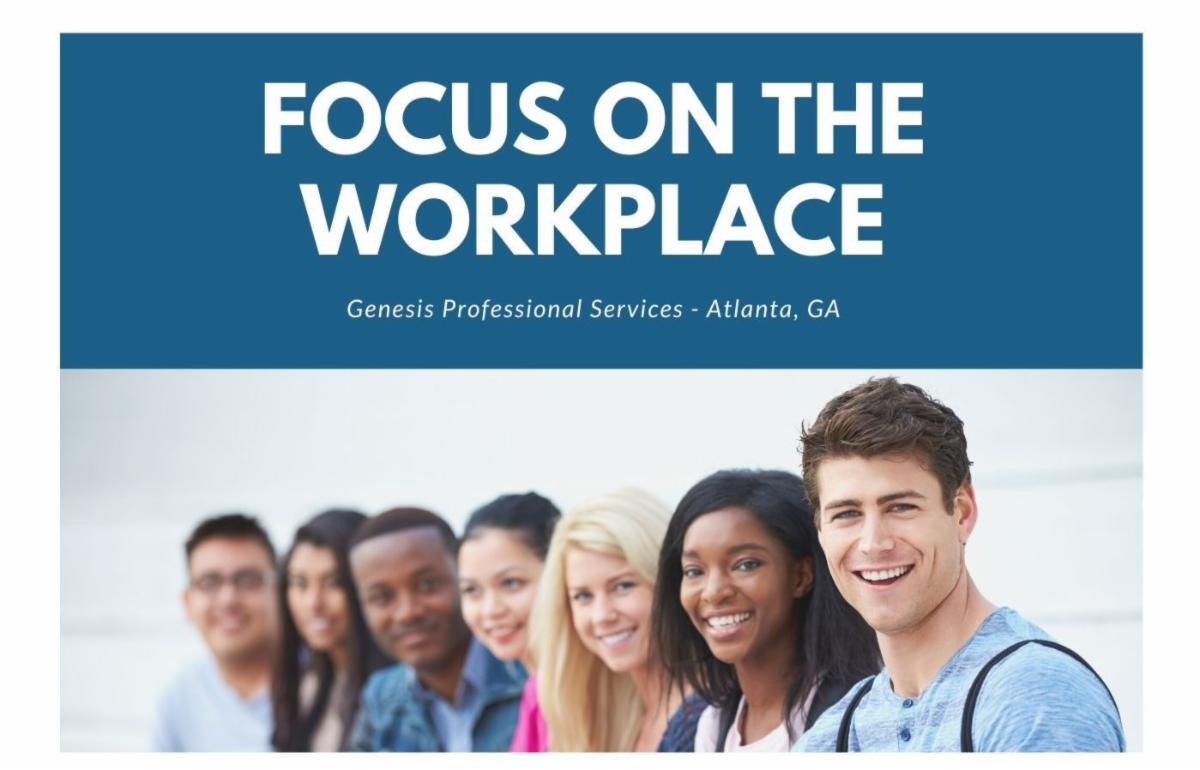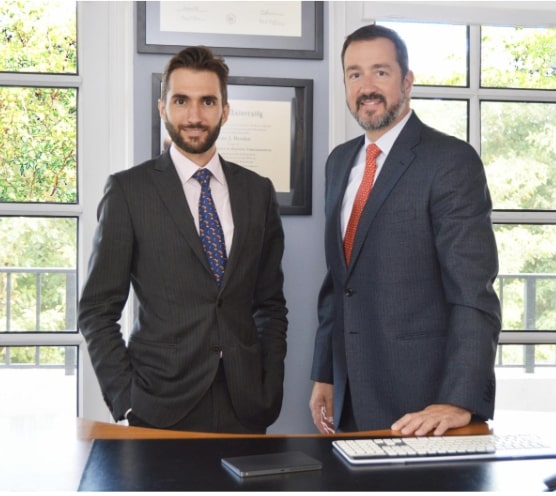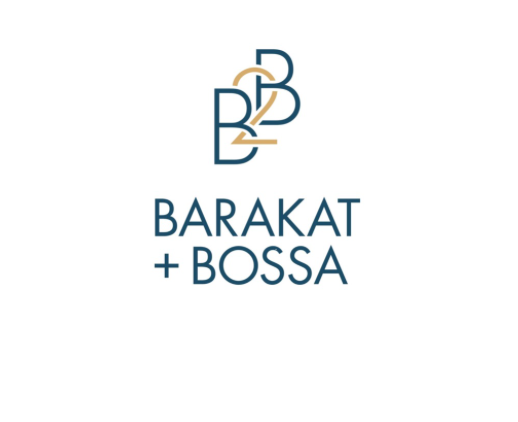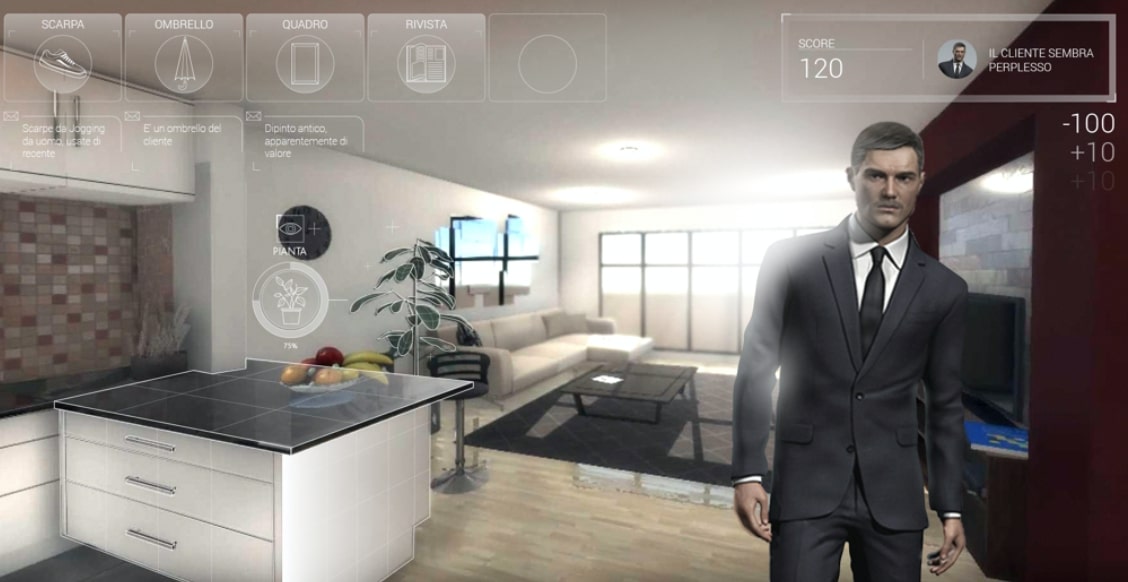Category: News from our members
BANDO “LINEA INTERNAZIONALIZZAZIONE PLUS” di REGIONE LOMBARDIA
by EXP Legal
È in fase di pubblicazione, da parte della Regione Lombardia – Finlombarda S.p.A., il nuovo bando «Linea Internazionalizzazione plus».
L’intervento, che mira a finanziare programmi integrati di sviluppo internazionale per potenziare e/o consolidare la presenza e la capacità di azione delle PMI lombarde nei mercati esteri, è stato strutturato in modo da poter rispondere in maniera efficace alle esigenze del tessuto imprenditoriale locale a seguito dell’insorgere della situazione di emergenza causata dalla pandemia da COVID-19.
Questo nuovo intervento prevede un contributo massimo di € 500.000, a copertura anche del 100% delle spese ammissibili, di cui l’80% sotto forma di finanziamento a tasso zero con durata compresa tra i 3 e i 6 anni, ed il restante 20% sotto forma di contributo a fondo perduto.
Tra le spese ammissibili:
- partecipazione a fiere internazionali, anche virtuali;
- istituzione temporanea di spazi espositivi all’estero; esposizioni virtuali;
- azioni di comunicazione all’estero;
- spese per lo sviluppo di siti web e per l’accesso a piattaforme on line, anche per l’e-commerce;
- consulenze relative al progetto di internazionalizzazione;
- spese per certificazioni estere;
- spese per il personale dipendente impiegato nel progetto di internazionalizzazione, nella misura forfettaria del 20% del totale delle spese di cui ai punti precedenti;
- spese generali forfettarie nella misura del 7% del totale delle spese di cui ai punti precedenti.
Le agevolazioni sono concesse a tutte le PMI, iscritte al Registro delle Imprese ed attive da almeno 24 mesi, con sede legale o operativa (attiva) in Lombardia, con esclusione di quelle operanti nei seguenti settori: agricoltura, attività immobiliari, attività finanziarie e assicurative.
L’importo minimo finanziabile è pari a € 40.000. Le domande saranno selezionate tramite una procedura valutativa a sportello, sino ad esaurimento fondi.
Come accaduto in occasione della precedente e analoga misura agevolativa, la gestione della procedura sarà affidata a Finlombarda S.p.A. e le modalità e le tempistiche per la presentazione della domanda saranno resi noti con il bando di prossima pubblicazione.
Lo Studio EXP Legal è a disposizione delle imprese, sin da subito, per la valutazione dei progetti di sviluppo estero e la presentazione delle domande di accesso al Bando «Linea Internazionalizzazione plus».
Avv. Stefano Rossi
Cybersecurity and 5G
by Digitance
Smart cities, self-driving cars, advanced home and building automation, digital healthcare, augmented reality, virtual reality. These are just a few examples of innovative applications that 5G mobile networks will make available in the near future.
5G will offer ultra-high transmission speed with low latency and will be able to provide services to a huge number smartphones and IoT devices.
It is, therefore, essential to secure the full and continuous operation of 5G networks and protect them from attacks that may lead to critical disservices or to the disclosure of personal and confidential data.
But, nowadays, there is a significant lack of adequate skills, both in private companies and public administrations. Hence the need to train a generation of technicians and managers able to efficiently support 5G cybersecurity in terms of infrastructures, applications and data.
In order to tackle these challenges, CNIT (Consorzio Nazionale Interuniversitario delle Telecomunicazioni) and Digitance have signed a MoU in Rome (Italy) on 2020.10.12, joining their effort to deliver a Continuing Education Program on 5G Cybersecurity.
The program will address both public administrations and companies aiming to invest in training technicians and managers on fundamental security issues of 5G infrastructures and applications. It will be supported by the most advanced training methodologies and with a total interchangeability between face-to-face and remote teaching. This way, it will answer not only to the needs of the present socio-health emergency, but also to the efficiency and optimization issues of all its users.
Current time schedule to training kick off is March 2021.
Finally, CNIT and Digitance intend to align, as far as possible, methodologies and contents of this initiative to what is proposed by the UN Agenda 2030, in terms of Sustainable Development.
Information and contacts
Website: http://5gsec.cnit.it
e-mail: 5gsec@cnit.it , 5gsec@digitance.group
Barakat + Bossa created to serve business legal needs locally and in many jurisdictions
by Bakata+Bossa
Brian Barakat and Giacomo Bossa have formed Barakat + Bossa, a business law practice combining their extensive expertise in Partnership and Business Disputes, Contracts, Corporate Law, Real Estate, Non-Competes and Fraud to serve clients in Florida, the United States and Europe. The firm will be headquartered in Coral Gables, where Barakat has many community ties including his current Chairmanship of the Coral Gables Chamber of Commerce. Bossa, having practiced in Italy, Spain, Belgium and the United States will head up International and Real Estate cases.
Barakat + Bossa will provide services in English, Spanish, Italian, French, Portuguese, German, Czech and Mandarin with plans to add more as growth occurs. They offer a depth of cultural knowledge in different jurisdictions which is highly valued for today’s global business interactions. Before this new partnership, Barakat was the principal at Barakat Law, founded 15 years ago and Bossa was formerly with Morris Law in Miami.
The need for the new firm was evident to both partners who have helped hundreds of their clients with business disputes for years in the Miami area. As many entrepreneurial companies grew, their legal needs expanded – often with cases outside the area and into other countries. Plus, many companies had business opportunities overseas and required help about legal issues and other details involved with such contracts.
“Our goal is to provide aggressive and professional legal counsel to solve business problems in the most cost-effective way,” adds Giacomo Bossa. “We want to maximize profits and minimize
risks for our clients both locally and wherever they have business interests outside our area.”
Barakat + Bossa is located at 2701 Ponce de Leon Boulevard, Suite 202, Coral Gables, FL 33134.
Contact the firm via 305-444-3114 or at info@triallaw.com.
More details are available on the Barakat + Bossa website: B2B.Legal
Areus provides the IACCSE with top technology to purify air in office space
by Vimi LLC
Vimi LLC is an official distributor of Aerus, an American company located in Texas, established in 1924 as Electrolux which then became Aerus in 2003. The products Vimi LLC distributes are Air Purifiers that use ActivePure technology proven to kill COVID-19 on surfaces according to FDA-complaint lab.
The Italian Chamber of Commerce currently enjoys one of our most popular machines, the Beyond Guardian Air, it covers an area of up to 2,000 sq. ft.
ActivePure Technology is the most powerful surface and air purification technology ever discovered, and the only one in its class recognized by the Space Foundation as Certified Space Technology and inducted into the Space Foundation Hall of Fame in 2017. It has been engineered based on technology originally developed by NASA. ‘ActivePure Technology’ continuously disinfects surfaces and air 24/7, minimizing contamination, recontamination and cross contamination in real time. It is safe to use in occupied spaces, and works without chemicals or ozone, breaking down viral contaminants into harmless byproducts.
Vimi LLC distributes products that have a technology demonstrated in independent lab studies to kill COVID-19 indoors and gets the world back to work, back to school and back to life in a safer manner. Their machines work in real time to destroy 99.98% of new COVID-19 viruses reintroduced to the space, after just seven hours of installation.
If you would like more information about our product or contact us you can visit our links bellow:
A Renaissance of e-Learning and Digital Training
Like most industries, Learning and Development is struggling in the current environment, having to cope both with severe budget constraints and challenges connected to remote work. Yet training employees and growing their skills has never been more critical for companies across the board, not only to support their staff out of office but also to ease them back to a potentially different workplace.
Every cloud has a silver lining, though, since these distressed conditions have provided opportunities to test or further acknowledge the advantages of distance and digital learning. It is not just a matter of facilitating social distancing in these troubled times, but rather a chance to experience alternative or complementary approaches to training, which are proving as effective as traditional classroom learning or even more, as is the case with Virtual Reality: a recently-published study by pWC (The Effectiveness of Virtual Reality Soft Skills Training in the Enterprise – June 25, 2020) has shown that VR training, already known to be effective for developing and practicing hard skills in a safe and dynamic environment (equipment operation, maintenance, etc.), is also great for teaching soft skills. As a matter of fact, it is both more effective (4 times faster) and more cost-effective (52%) than traditional training methods.
Other trends, such as A.I. or Gamification applied to learning, are also disrupting the L&D industry, and solution providers like Digital Tales constantly strive to improve the conversion of information into knowledge through active engagement and cutting-edge technologies. That is why it is now launching on the US market its gamified and VR-ready Learning Management System, eLearningtales.com: leveraging over 10 years of experience at the side of companies like Bulgari or Vodafone, Digital Tales blends the well-known Italian creativity and attention to detail with tailor-made execution, delivering a bespoke platform to make training truly memorable.
An image illustrating the graphical user interface for Digital Tales’ VR Soft Skills Simulator
Exclusive distribution agreement for USA and Canada
Returning to Work After COVID-19

Happy 90th anniversary Pininfarina!

Sustainability and innovation












